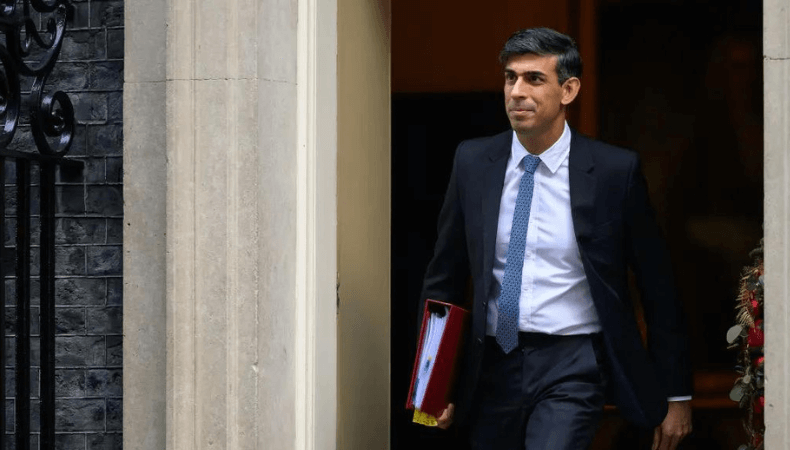Evaluating the Dilemma: Conservative Rebels and the Safety of Rwanda Bill

The recent setback for Conservative rebels in pushing for more stringent measures within the Safety of Rwanda Bill has presented them with a significant dilemma. We will delves into the intricacies of the situation, exploring the potential consequences of their decisions and the broader implications for the political landscape.
The Failed Amendments
Approximately 60 Conservative rebels supported amendments aiming to restrict appeals against deportation orders and prevent the European Court of Human Rights from intervening in deportation flights. Their argument centered on the belief that the current form of the bill lacks the efficacy to substantially reduce Channel crossings. However, the defeat of these amendments, due to combined Government and Opposition votes, raises questions about the rebels’ next course of action.
To Vote or Not to Vote
The pivotal question now facing the rebels is whether to support a measure they deem ineffective. With just 30 rebels capable of defeating the government in a Third Reading, the stakes are high. However, rejecting the bill could result in its loss, potentially damaging Rishi Sunak’s authority amid the party’s struggle to regain public support before the upcoming election.
Potential Ramifications
While the defeat of the bill might not strictly be a confidence issue, losing flagship legislation on a matter of high importance to the Prime Minister could be consequential. Labor might exploit such a situation, possibly leading to a vote of confidence or an early election.
Keep Reading
Challenges in the House of Lords
Even if the bill manages to pass the Commons, it faces further challenges in the House of Lords. Amendments from the Lords could introduce new dynamics and complexities, prolonging an already arduous process for Rishi Sunak.
Assessing the Gain vs. Loss
The bruising legislative process, coupled with potential minimal gains, prompts a critical assessment of Rishi Sunak’s pursuit of the “stop the boats” pledge. Critics express concerns about the feasibility of the Rwanda scheme, citing the likelihood of numerous appeals causing significant delays. The government’s proposal to expedite the appeals process with additional judges raises skepticism given the existing backlog in the justice system.
Conclusion
In conclusion, the Conservative rebels’ dilemma over the Safety of Rwanda Bill reflects the complex nature of contemporary political maneuvering. As the political landscape evolves, the decisions made by these rebels could have lasting implications on both the legislation in question and the broader political dynamics in the UK.



